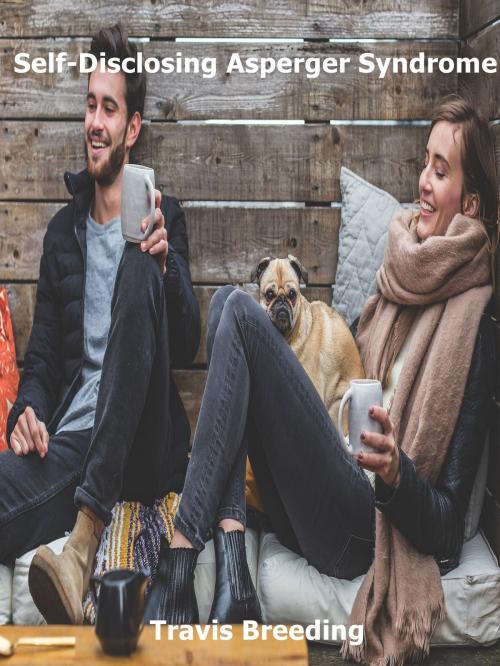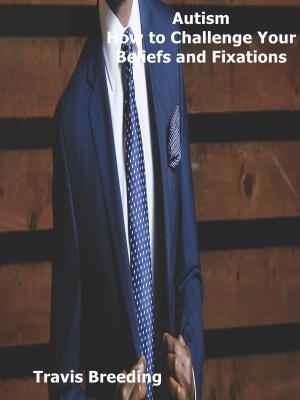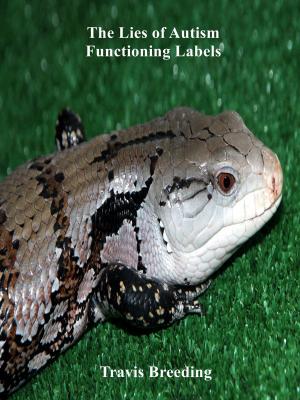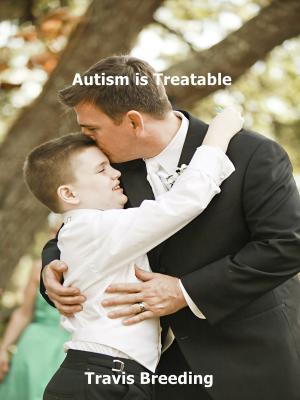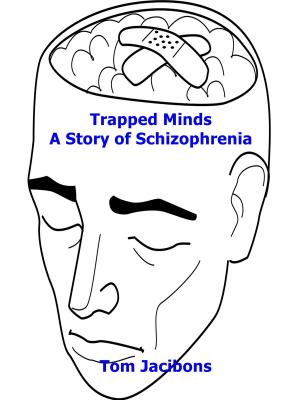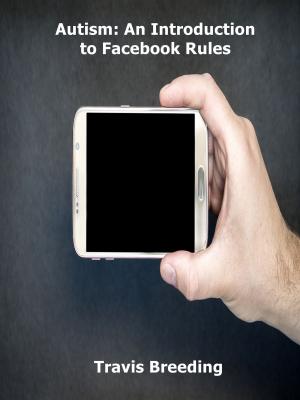Self-Disclosing Asperger Syndrome
Nonfiction, Health & Well Being, Self Help, Self Improvement, Success, Family & Relationships| Author: | Travis Breeding | ISBN: | 9780463527344 |
| Publisher: | Breeding Publishing | Publication: | June 27, 2018 |
| Imprint: | Smashwords Edition | Language: | English |
| Author: | Travis Breeding |
| ISBN: | 9780463527344 |
| Publisher: | Breeding Publishing |
| Publication: | June 27, 2018 |
| Imprint: | Smashwords Edition |
| Language: | English |
So much is wondered about how and when to self-disclose to others when you are autistic. Travis shares how he chooses the how and when to self-disclose his Asperger Syndrome to others he meets. Travis says the decision is context driven and changes from person to person. Travis weighs the pros and cons of self-disclosure between each friendship and professional relationship he enters in his life.
Travis also makes the choice to self-disclose to potential employers because he feels it makes the overall employment experience easier and more enjoyable. Overall Travis has learned that self-disclosure helps eliminate a lot of communication gaps he might otherwise have with his friends and others like employers and coworkers. Self-disclosure has given Travis internal peace and happiness as he feels social relationships are easier when others know he is on the spectrum.
Travis shares his story of how he decides when to self-disclose having Asperger Syndrome and talks about the differences of self-disclosing in online relationships like Facebook friendships. He has decided it is never a good idea to disclose in an initial email or introduction to someone online. This can scare others off and prevent them from getting to know you.
Travis shares how he is learning to read the social context of each scenario when meeting new people so that he can make an informed decision of how and when to self-disclose he has Asperger Syndrome. Travis also talks about how he as a person would like his parents to self-disclose if he were a child on the spectrum to give parents a better idea of how someone with autism might want them to handle that situation.
Travis describes the benefits for both people on the spectrum and their families in self-disclosure. Travis feels it makes everyone's life easier when the people he interacts with know he has Asperger Syndrome and he can provide a reason for some of his socially awkward behavior. This book is one man's opinions on the how and when to self-disclose you have Asperger Syndrome to others and should not be taken as medical advice.
So much is wondered about how and when to self-disclose to others when you are autistic. Travis shares how he chooses the how and when to self-disclose his Asperger Syndrome to others he meets. Travis says the decision is context driven and changes from person to person. Travis weighs the pros and cons of self-disclosure between each friendship and professional relationship he enters in his life.
Travis also makes the choice to self-disclose to potential employers because he feels it makes the overall employment experience easier and more enjoyable. Overall Travis has learned that self-disclosure helps eliminate a lot of communication gaps he might otherwise have with his friends and others like employers and coworkers. Self-disclosure has given Travis internal peace and happiness as he feels social relationships are easier when others know he is on the spectrum.
Travis shares his story of how he decides when to self-disclose having Asperger Syndrome and talks about the differences of self-disclosing in online relationships like Facebook friendships. He has decided it is never a good idea to disclose in an initial email or introduction to someone online. This can scare others off and prevent them from getting to know you.
Travis shares how he is learning to read the social context of each scenario when meeting new people so that he can make an informed decision of how and when to self-disclose he has Asperger Syndrome. Travis also talks about how he as a person would like his parents to self-disclose if he were a child on the spectrum to give parents a better idea of how someone with autism might want them to handle that situation.
Travis describes the benefits for both people on the spectrum and their families in self-disclosure. Travis feels it makes everyone's life easier when the people he interacts with know he has Asperger Syndrome and he can provide a reason for some of his socially awkward behavior. This book is one man's opinions on the how and when to self-disclose you have Asperger Syndrome to others and should not be taken as medical advice.
